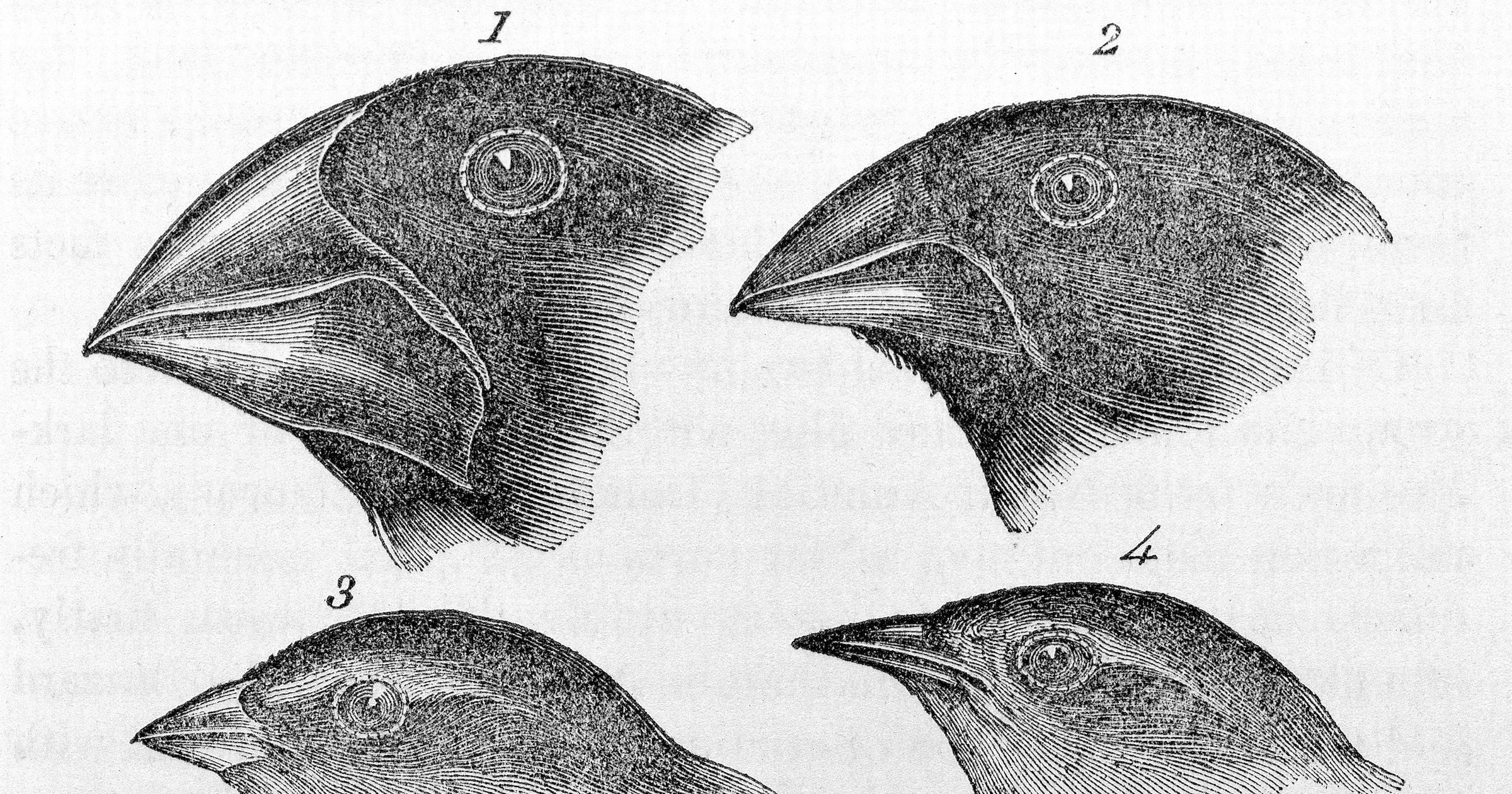 Evolution
Evolution
 Intelligent Design
Intelligent Design
Is Evolution Taught Fairly in Textbooks? A High School Senior Investigates

Has the accuracy of teaching on evolutionary theory improved in standard biology textbooks in recent years? On a new episode of ID the Future, host Daniel Reeves, Director of Education & Outreach at Discovery Institute’s Center for Science and Culture, speaks with a recent high school graduate named Natalie about her senior year research project. Natalie has had an interest in evolution and intelligent design for years, and she’s noticed that textbooks don’t always cover important or controversial topics fairly. So when she discovered her school was trialing a new biology textbook, she decided to evaluate the proposed textbook’s approach to accuracy and fairness in light of the available scientific evidence.
Focusing on the fossil record and genetics, Natalie organized quotations from the textbook into three categories — misrepresented, underdeveloped, or well-aligned — based on how well they conveyed the available evidence. From whale evolution to genetic differences among organisms, Natalie found that more often than not, the textbook was misleading to students in the way it presented or omitted important scientific ideas. “High school students are in such a pivotal time in their life because they’re forming their worldview,” says Natalie. “And evolution is a theory on the origin of life…that’s huge to answering those questions.” Natalie encourages her fellow students, and anyone interested in origins, to question and dive deep as they evaluate competing ideas.
It’s an approach that biologist Jonathan Wells would applaud. Wells dedicated his latest book, Zombie Science, “to the students who will need to discern the truth for themselves.” Here’s one young scholar who is doing just that. Download the podcast or listen to it here.
